Valorant vs CSGO ranks are very similar due to how similar these two games are. Both of these games are hardcore competitive FPS shooters in a round based scenario and both have similar ranking systems in competitive modes.
Since these two games are so similar, it’s much easier for a new player to switch between Valorant and CSGO than from players coming from other games such as battle royales.
Although Valorant has agents with special abilities, nearly everything else in both games is similar. Since the map design, weapon mechanics, movement and bomb defuse scenarios are nearly the same, this makes abilities the only major difference when it comes to competitive ranking in both games.
This means that a player that is strong in every other aspect of the game that does not include agent abilities, can similarly rank in between both Valorant and CS:GO. The defining factor in ones ranking between the two games will be how fast they can understand the core differences. Which is abilities in Valorant and the more punishing aim and movement playstyles of CS:GO.
I have played CS:GO for many years and then made the transfer over to Valorant a few months after the game released. In CS:GO I was 3000 Elo on Faceit (level 10) and Global Elite in Matchmaking. My first rank in Valorant was somewhere in platinum and within a couple days I ranked up to Diamond 3.
During this time I relied mostly on aim and my knowledge of the bomb defuse mode. Agent abilities and the meta was barely settling in, this means that now it will be much harder for a player to transfer from CS:GO to Valorant and I would see myself now starting at around gold 3.
Valorant And CS:GO Ranks Compared
Both “Valorant” and “Counter-Strike: Global Offensive (CS:GO)” are popular tactical first-person shooter games with their own ranking systems. While the ranks in each game are not directly equivalent, many players have tried to draw parallels based on the skill levels and distribution of players.
This means that a player, especially one adept at using Valorant boosting services, who is strong in every other aspect of the game, can similarly rank in between both Valorant and CS:GO.
Here’s a rough comparison of the ranks in both games, based on the general consensus of the community and the distribution of players:
| Valorant Rank | CS:GO Rank | Approximate Player Percentage |
|---|---|---|
| Iron 1 | Silver I | Bottom 5% |
| Iron 2 | Silver II | |
| Iron 3 | Silver III | |
| Bronze 1 | Silver IV | |
| Bronze 2 | Silver Elite | |
| Bronze 3 | Silver Elite Master | Next 15% |
| Silver 1 | Gold Nova I | |
| Silver 2 | Gold Nova II | |
| Silver 3 | Gold Nova III | |
| Gold 1 | Gold Nova Master | |
| Gold 2 | Master Guardian I | |
| Gold 3 | Master Guardian II | Middle 20% |
| Platinum 1 | Master Guardian Elite | |
| Platinum 2 | Distinguished Master Guardian | |
| Platinum 3 | Legendary Eagle | Next 20% |
| Diamond 1 | Legendary Eagle Master | |
| Diamond 2 | Supreme Master First Class | |
| Diamond 3 | Global Elite (lower end) | Top 10% |
| Immortal | Global Elite (higher end) | Top 5% |
| Radiant | Global Elite (top players) | Top 0.1% |
Note: The player percentage distribution is a rough estimate and can vary over time and based on the region. The ranks in both games are determined by a combination of factors, including win/loss ratio, individual performance, and match MVPs. The comparison above is a general guideline, and individual experiences may vary.
In terms of gameplay, while both games share similarities in their tactical approach, there are distinct differences in mechanics, graphics, and game dynamics. As a result, a player’s rank in one game might not directly translate to the same skill level in the other. However, the table above provides a general idea of how the ranks might compare.
Why are low ranks in CS:GO platinum or diamond in Valorant?
This is an interesting observation many people have made. Quite a few players that struggle in CS:GO actually accel in Valorant and end up in platinum or diamond ranks. I think this comes down to the fact that Valorant is a lot less punishing for mechanically weak players and CS:GO is the complete opposite.
This less punishing environment allows mechanical weak players in CS:GO to now come into a slower paced and more forgiving game where they can focus on using their gamesense and abilities to win duels.
Basically in CS:GO if you worse mechanics than an opponent equal in rank to you, they will beat you in 9/10 duels unless you have an advantage like an AWP, offangles or information.
Another factor is that the average CS:GO player has a lot more hours than the average Valorant player because CS:GO has been out for many years and also has previous interations of the game.
When you have low ranked players with a lot of experience with the mechanics of the game it can make it more punishing to play CSGO and rank up. Low ranks in CS:GO also have a lot more fun and mess around compared to in Valorant where it feels more serious.
How do Valorant vs CSGO ranks match up?
CSGO has a total of 18 ranks, silver 1 being the lowest and Global elite being the highest. The game has fewer ranks than that of Valorant which has 22. Valorant has a lot more ranks which gives a lot more of a precise ranking and less skill gaps between the ranks.
This means a lot less fluctuation of players between ranks and allows for a more linear progression. The skillgap between silver and gold is huge in CS:GO, as well as the gap between LE and Global.
Valorant’s ranking and MMR system is also said to be more accurate at determining a player’s skill than that of CS:GO’s. Due to more ranks in Valorant, it means you can rank up faster and more frequently than in CS:GO which can feel like ELO hell.
This is a list of all CS:GO ranks
- Silver I (S1)
- Silver 2 (S2)
- Silver III (S3)
- Silver IV (S4)
- Silver Elite (SE)
- Silver Elite Master (SEM)
- Gold Nova I (GN1)
- Gold Nova II (GN2)
- Gold Nova III (GN3)
- Gold Nova Master (GNM)
- Master Guardian I (MG1)
- Master Guardian II (MG2)
- Master Guardian Elite (MGE)
- Distinguished Master Guardian CSGO (DMG)
- Legendary Eagle (LE)
- Legendary Eagle Master (LEM)
- Supreme Master First Class (SMFC)
- Global Elite (GE)
And here is a list of all the Valorant ranks
- Iron 1-3
- Bronze 1-3
- Silver 1-3
- Gold 1-3
- Platinum 1-3
- Diamond 1-3
- Immortal 1-3
- Radiant
CS:GO and Valorant placement ranking matches
In both games there are placement matches that will determine your first rank. In CS:GO it will first require you to play casual and hit a certain level before you can unlock competitive, this suppresses the number of smurf accounts. Then you play as many placement games as it takes to get 10 wins and you will be awarded a given rank with a cap of LEM.
In valorant it’s very similar, you play 10 games in unrated to unlock competitive then you win 5 placement matches in competitive to get a rank. Your performance in unrated also affects your final rank.
In both games when you are playing these placement matches, the matchmaking algorithms will put you against higher ranks if you have a high overall performance in your previous matches. This means that having high kills can mitigate some of the affect of a loss.
This also means to get the best possible rank you want to carry your teams to as many wins possible out of the 5 placement matches and beat the highest ranked opponents possible.
Unlike CS:GO, Valorant will also take into account your ability usage and other factors such as assists and teamwork.
Rank distribution between CS:GO and Valorant
The rank distribution is night and day between the two games, CS:GO has a more balaced and averaged out distribution while valorant is weighing more on the lower ranks. There are lot more players in the lower ranks of Valorant than there are in the middle ranks of CS:GO.
CS:GO has been out forever which has given the playerbase a lot of time to average out and reach the higher ranks. Also, Valorant has capped the amount of radiants per region to only 150 and is slowly increasing this number. Only 0.16% of Valorant players are Radiant and 0.78% of CS:GO players are global elite.
Valorant devs have explained that higher ranks should feel more prestigious to get and therefore the middle of the pack should be around silver. They also looked at the league of legends ranking system to define their target ranking distribution and fix the elo accordingly.
From looking at the distributions, a silver 1 ranked player in CS:GO will most likely find himself around iron 2 in Valorant. A gold 2 player in Valorant will most likely find himself around silver 2 in CS:GO and a DMG in CS:GO should be a diamond 1 in Valorant as both are in the top 10% of players.
CS:GO vs Valorant determining ranking factors
In CS:GO every rank is evaluated the same, performance and win to loss ratio. In Valorant the lower ranks are evaluated more on individual performance than win/loss ratio and teamwork which is a good thing because lower ranks will always have the most new players and solo queue players.
Ranking in Valorant is also region locked and you only compete against the other players in your region, however CS:GO has a worldwide ladder system.
Matchmaking algorithm differences
Compared to Valorant, CS:GO has a very chaotic lobby filling system and places random ranks together all the time. You might be on a team with 2 LEMs a DMG and 2 silvers vsing 5LEMS. This actually gives a lot more opportunity for you to play against higher ranks and gain more elo per match win.
In Valorant it’s more averaged out and can only vs players that are within 4 rank tiers of you, this makes queue times longer. Also the tendancy to rank up or down in Valorant is an extra factor called Variance. Valorant has also buffed the rank up speed of lower ranked players in patch 1.14
Side by side comparison
Based on the estimations, players that are within the range of MGE to DMG in CSGO should be around high gold/low platinum in Valorant.
The Bottom Line
Even though Valorant vs CSGO ranks may seem similar to you, both games are quite different in learning curve and mechanics. This means that there is no 1:1 graph that will tell you exactly where you will be in either game after playing the placement matches.
There are a lot of other variables like your ability to learn the agent abilities or aiming mechanics in CS:GO. Also your communication with your team is very important in deciding if you win or lose more games.
Check out my peripherals and gear list here.
Read more on Valorant elo here.
Read more on CSGO inconsistency here.


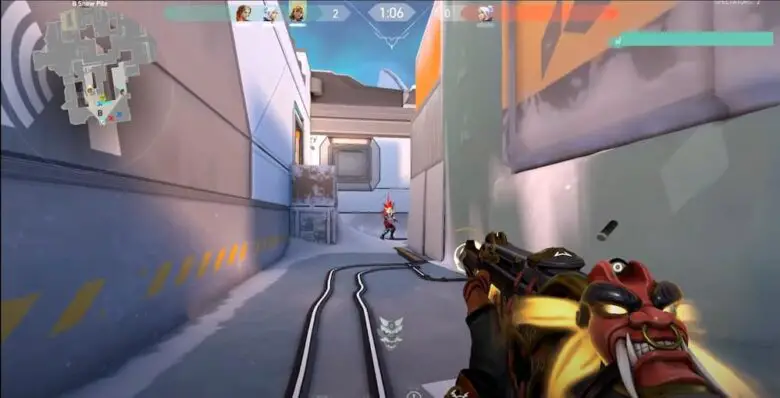

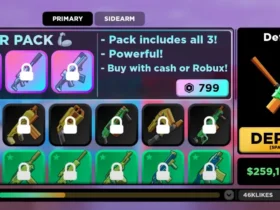
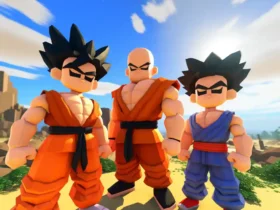
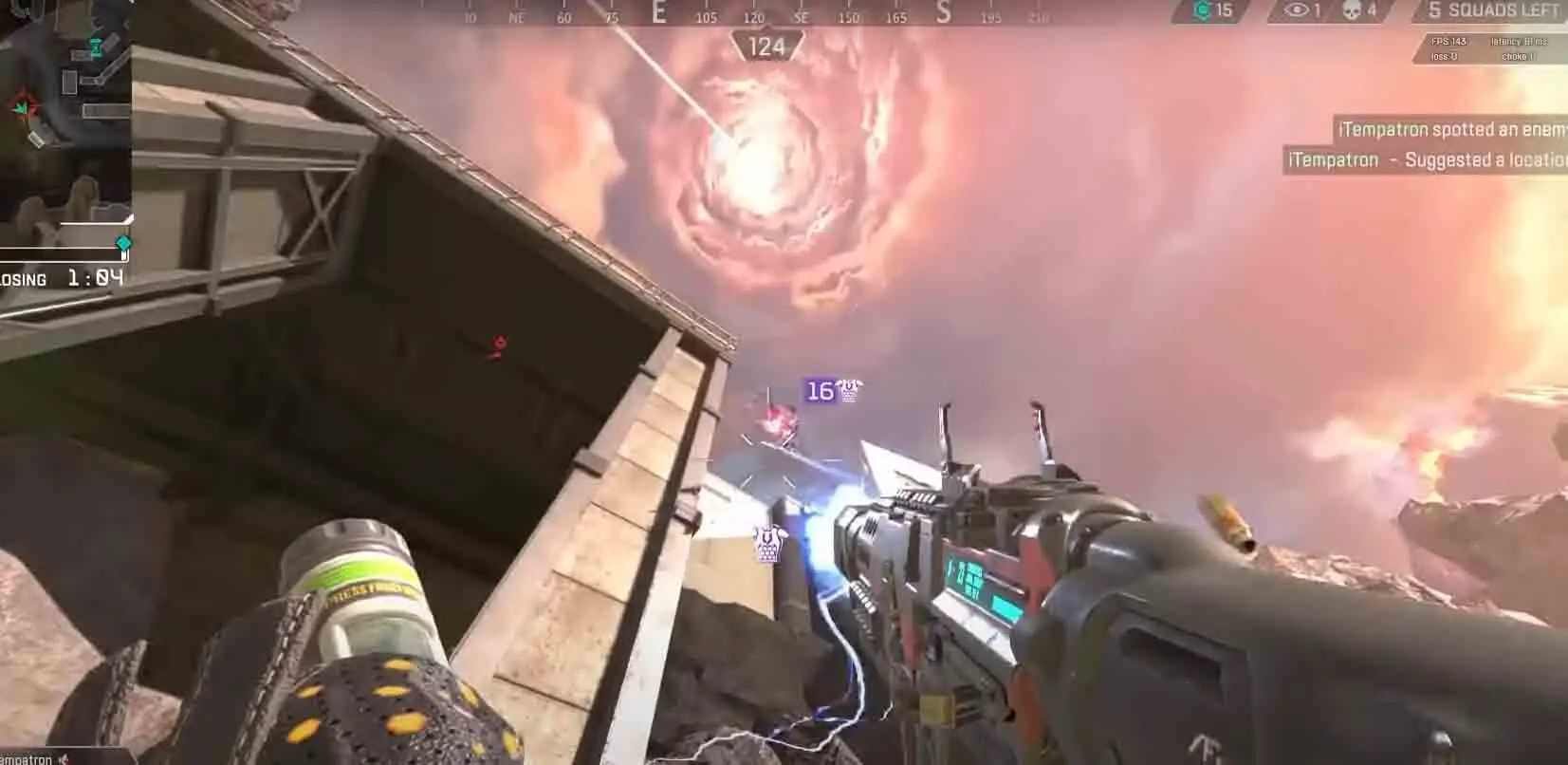

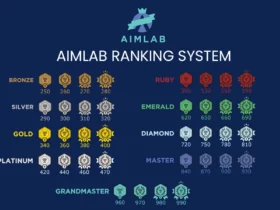
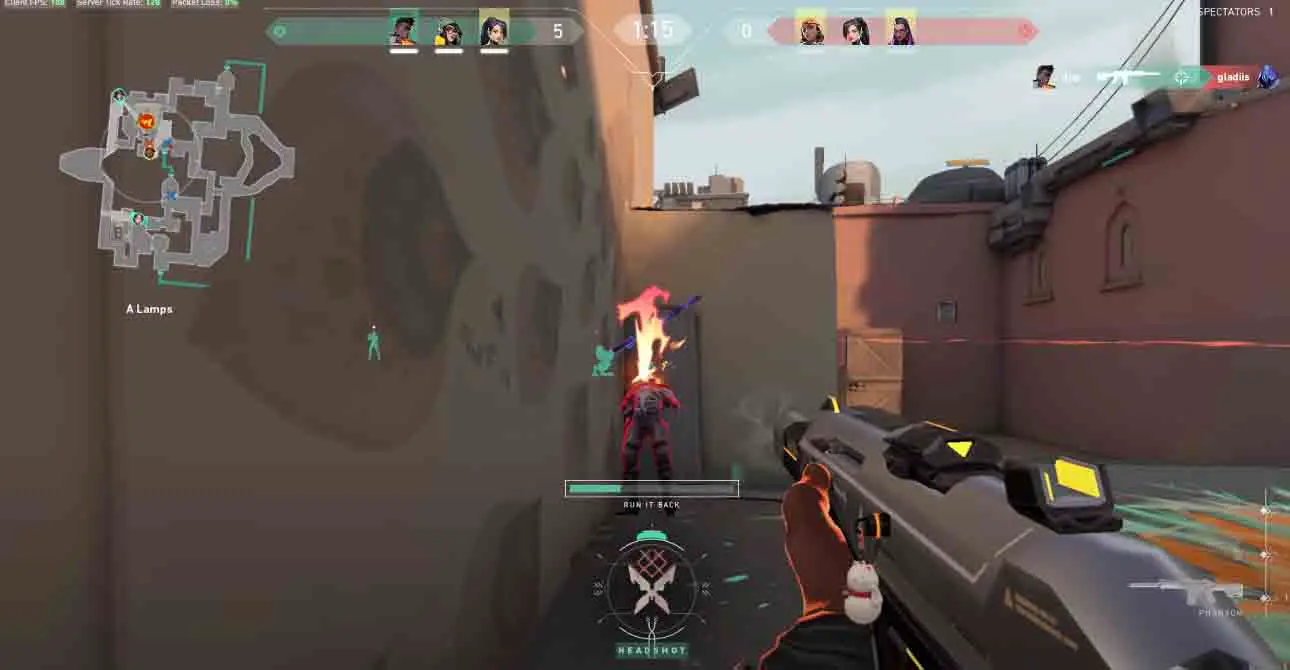
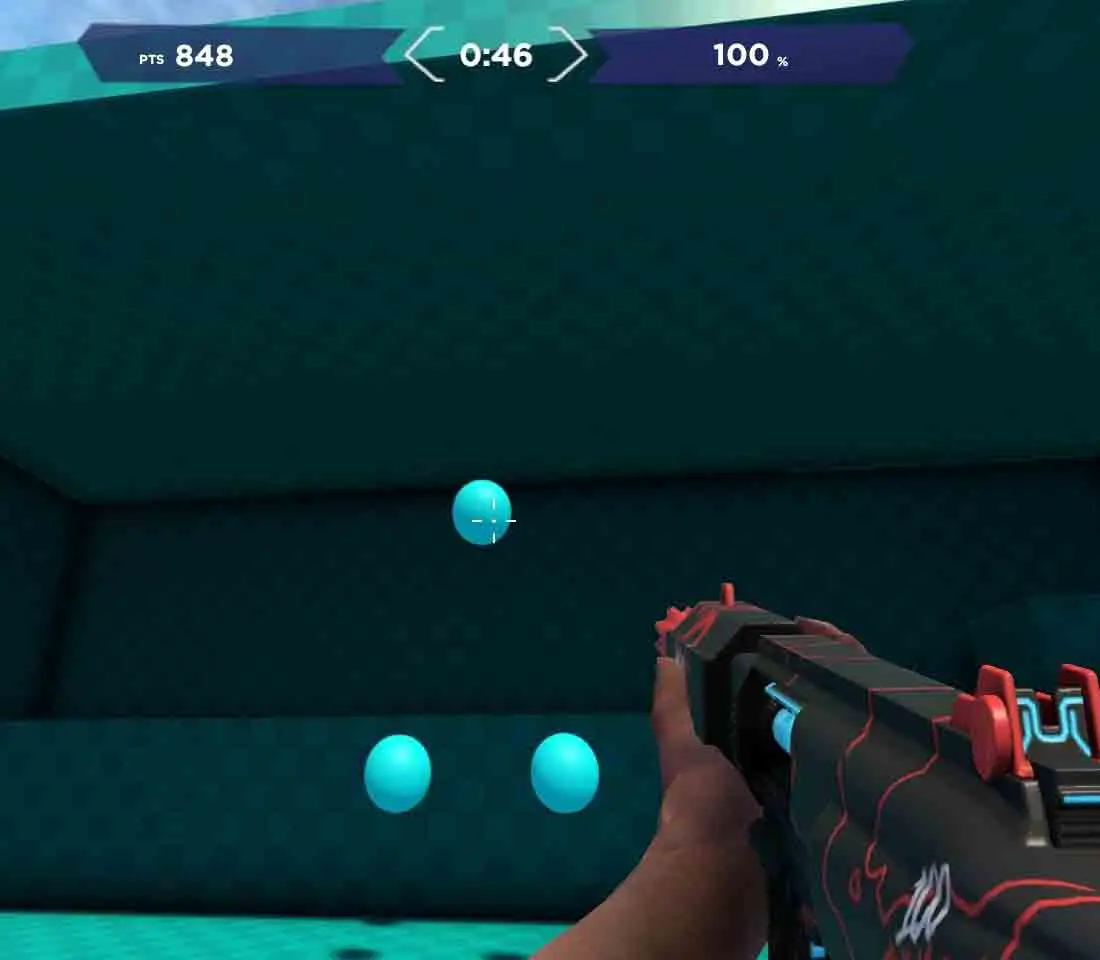


Leave a Reply